Sheffield DocFest Confronts Challenges Facing Nonfiction Film Industry, In Midst Of Turbulent Political, Economic Environment
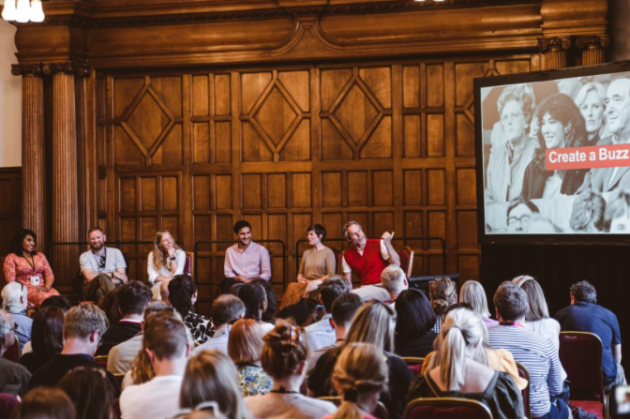
International documentary filmmakers and industry reps are gathering at Sheffield DocFest in the U.K. at a moment of political tumult in Europe. British voters head to the polls for a general election on July 4; in France, President Macron dissolved the National Assembly and called snap legislative elections after a French ultranationalist party surged in voting for the European Parliament. Germany’s far-right AfD party also scored substantial gains in that European Parliament vote. Overall, the center held — more or less.
If there’s anything the documentary community is used to dealing with it’s turbulence, whether at the macro level of major change in the business itself, or at the micro level of getting a film production off the ground. The message to DocFest attendees this week has been to insist on solidarity – to support each other — in the face of geopolitical and economic uncertainty.
More from Deadline
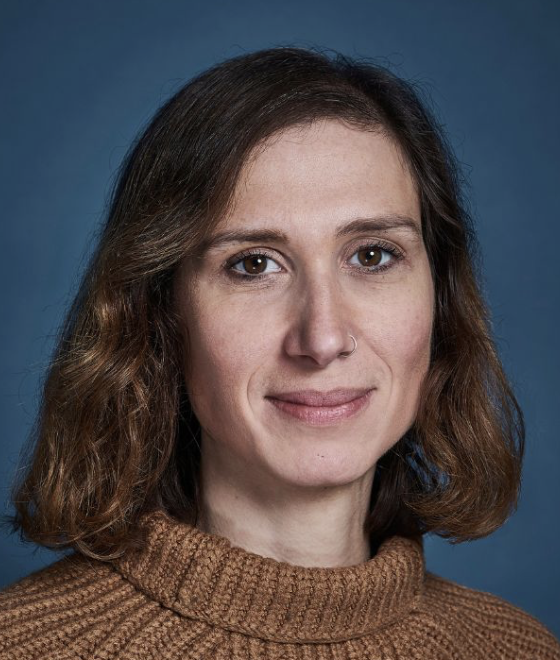
“In this moment of crisis, it’s where we need to get together,” says Patrizia Mancini, Head of Industry at Sheffield DocFest. “And it’s also where the creativities really shine, creativities in terms of what we can do with stories and how — despite the shrinking of funding or certain [conditions] that could be more challenging materially to produce documentaries — it’s where the creativity can really surprise us in terms of resilience.”
To foster that resilience and support, DocFest annually convenes a Meet Market where doc makers and leading broadcasters, streamers and distributors huddle for a close look at 50 pre-selected nonfiction projects. Films that attracted support in recent years include many that went on to earn Oscar recognition: All That Breathes, The Act of Killing, The Look of Silence, Searching for Sugarman, 5 Broken Cameras, The Square, The Edge of Democracy, and the 2021 winner of the L’Oeil d’or prize at Cannes, A Night of Knowing Nothing.
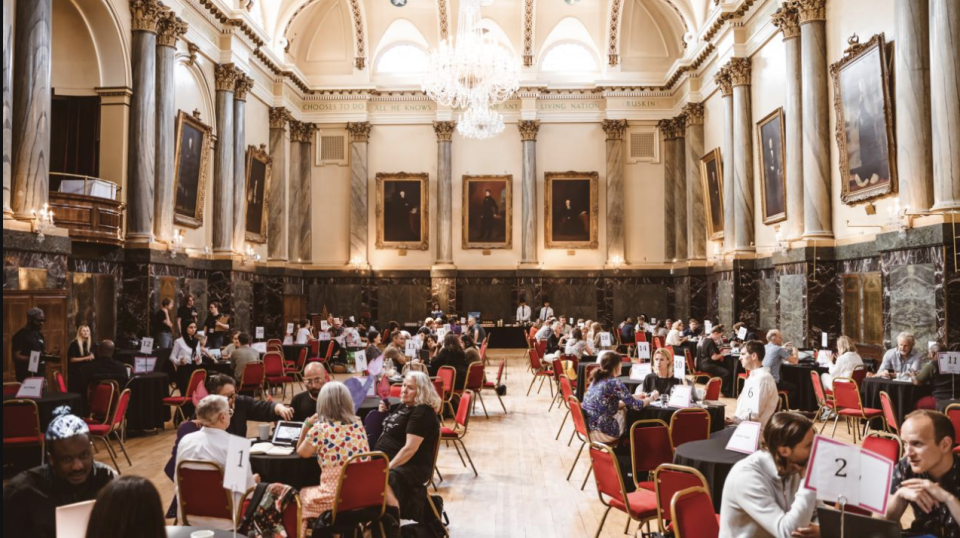
The projects showcased at this year’s Meet Market were chosen through an open call last fall — 45 projects in development and five at the rough-cut stage. During DocFest, Mancini notes, filmmakers “meet with U.K. and international industry representatives like commissioning editors, buyers from public and private broadcasters, international sales agents, impact producers, other market and festival representatives to develop their project, to look for collaboration. The goal of the Meet Market is to develop the collaboration, the connection, to boost co-production.”
Among the entities represented this year — Japan’s NHK, Arte, France Télévisions, Germany’s ZDF, VPRO from the Netherlands, Sky, Netflix, and the U.K.’s Channel Four. And that’s not all – other entities that can offer funding and/or visibility have been on hand, including nonprofits and festivals: Hot Docs, IDFA, DOK Leipzig, Thessaloniki Documentary Film Festival, Sundance, Ford Foundation, and the U.S.-based International Documentary Association.

“They’re having meetings during two days from 9 to 6,” Mancini notes. “So, it’s pretty intense.”
This year, DocFest also launched a new initiative built around podcasts, one of the hottest areas of growth in nonfiction. “The Podcast Pitch brings together six in-development, creative non-fiction audio directors,” the DocFest program notes, “selected from around the world to sell their ideas in front of a selection of industry experts and commissioners.”
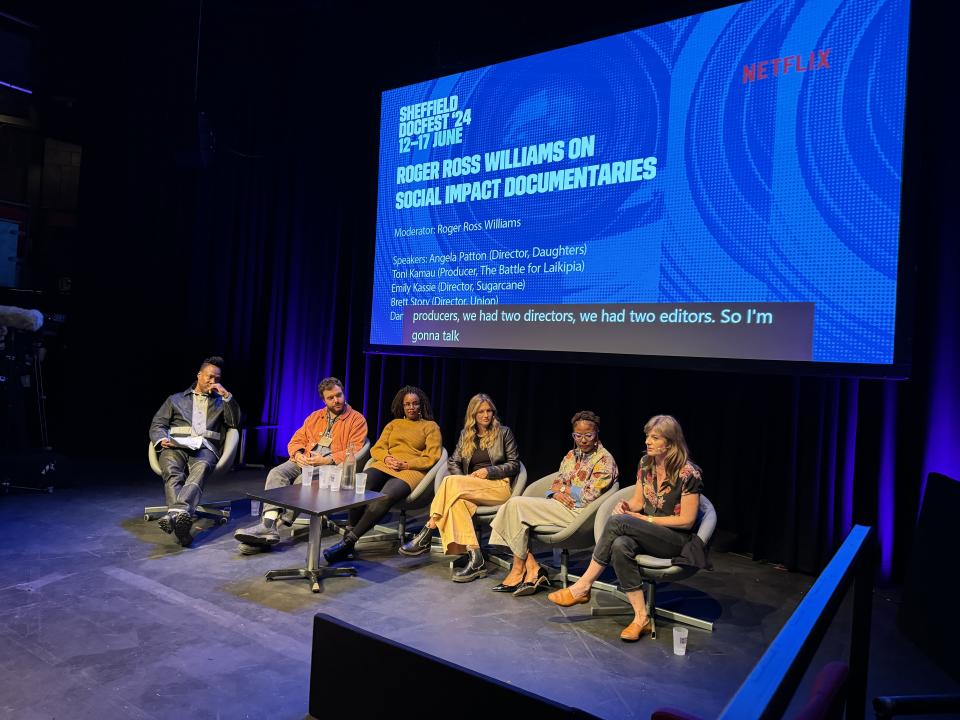
To get creative juices flowing, DocFest also programs a robust lineup of talks and panel discussions. Oscar winner Roger Ross Williams, the festival’s guest of honor this year, held two public discussions, one of them focused on how to support documentaries that don’t fall within the obvious categories of true crime, celebrity bios, and music docs. Williams moderated the conversation on “Social Impact Documentaries” with the makers of Sugarcane (acquired by National Geographic out of Sundance), Daughters, (acquired by Netflix out of Sundance), as well as Union — Deadline broke the news Friday about the film’s plan for a self-distributed theatrical release – The Battle for Laikipia, shot in Kenya, and Stone Mountain, a film about the Confederate monument just outside Atlanta, Georgia.
Part of DocFest’s role, at least implicitly, is to point distributors toward material that goes beyond the bounds of narrowly-defined genres – to, as Mancini puts it, “give the audience not only what they expect, but also make them curious about things that they don’t know about.”
Sustainability of careers within documentary has long been a concern in North America, Europe, and probably everywhere else. Much of doc work is freelance by nature – most directors, producers, cinematographers, editors, and sound designers don’t work for institutions, but as independent contractors.
“We had several conversations about how freelancers can be supported,” Mancini says. “It’s really a question for [DocFest] to push certain buttons and analyze the problem and try to come to maybe not a definite final solution but try something different.”
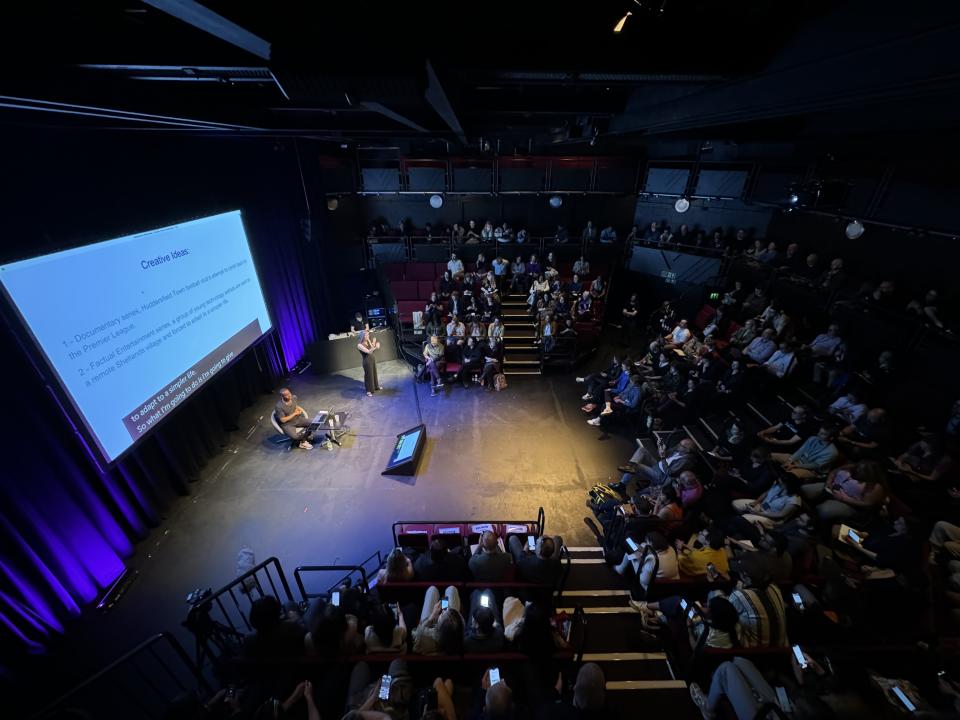
There is anxiety that AI could further erode the number of jobs in the field. For young people hoping for careers in documentary, that’s a particular concern. DocFest endeavors to support emerging creatives, as well as filmmakers from historically underrepresented backgrounds. The festival’s Amplify: Production Talent, for instance, “is an initiative for selected entry-level production professionals to elevate their career,” as the DocFest website describes it. The idea involves mentorship between seasoned professionals and those who represent the future of the doc field.
“It’s a question of sharing the experience, to give also space for questions,” Mancini explains. “And there is always an exchange, which I think is a really great part of Sheffield DocFest, an exchange of, ‘Okay, I’ve been through what it means to be an emerging filmmaker and emerging producer… I can give you tips, how I did it when it was my time [coming up], and how it has changed over the years.’”
DocFest also holds a Filmmaker Challenge for young directors, an opportunity to make a short film over the course of a week and exhibit it at the festival. Oscar-nominated filmmaker Julie Cohen (RBG, Julia, Every Body) served as mentor to this year’s participants.
“It’s been really successful,” Mancini says. “It’s part of the DNA of the festival — within the program, within the team. It’s just to be open, to give access to people of different backgrounds, different stories.”
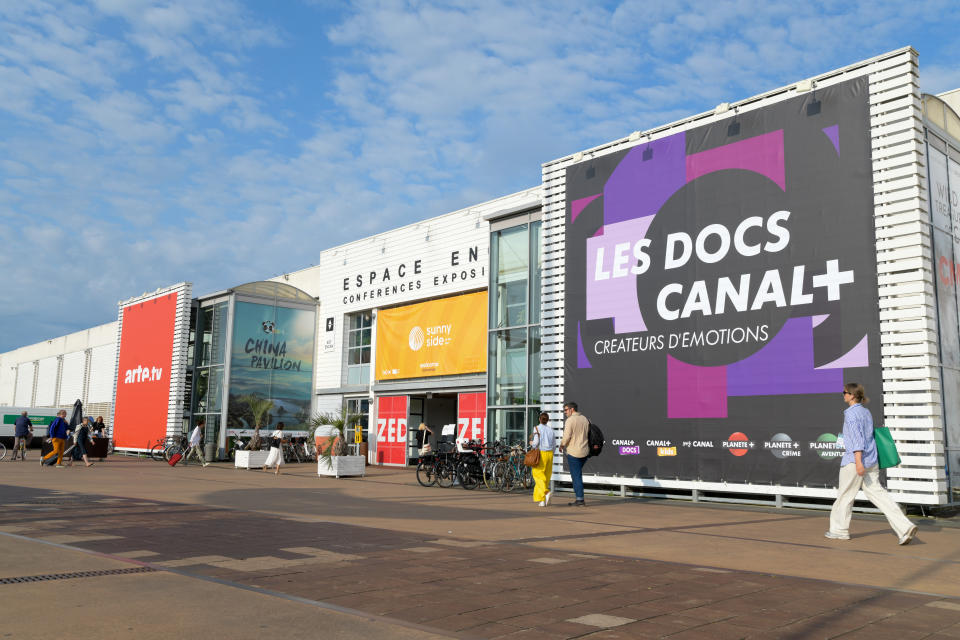
Sheffield DocFest wraps Monday. At the end of June, an event on the other side of the English Channel will pick up the banner — Sunny Side of the Doc, the world’s biggest all-documentary market, which unfolds in La Rochelle, France. At Sunny Side, too, the emphasis is on fostering co-productions, getting the work made, confronting challenges in the field and charting a future course so that quality nonfiction work reaches the eyes of people around the world, be it through streaming platforms, theatrical, broadcast TV or linear cable.
This is the ethos, as Mancini defines it: “We need community. We need to build community and to stress collaboration.”
Best of Deadline
'House of the Dragon' Season 2 Release Schedule: When Do New Episodes Air?
'The Boys' Season 4 Release Schedule: When Do New Episodes Air?
Sign up for Deadline's Newsletter. For the latest news, follow us on Facebook, Twitter, and Instagram.


